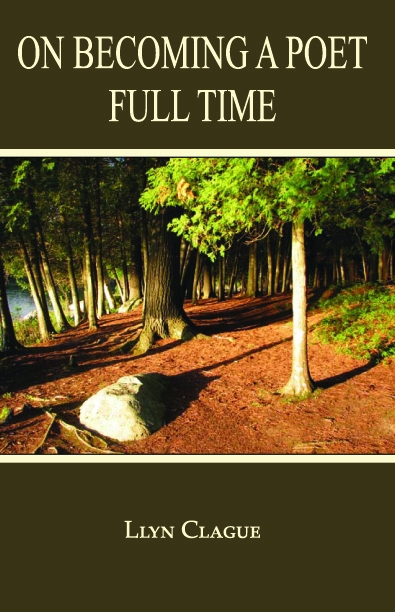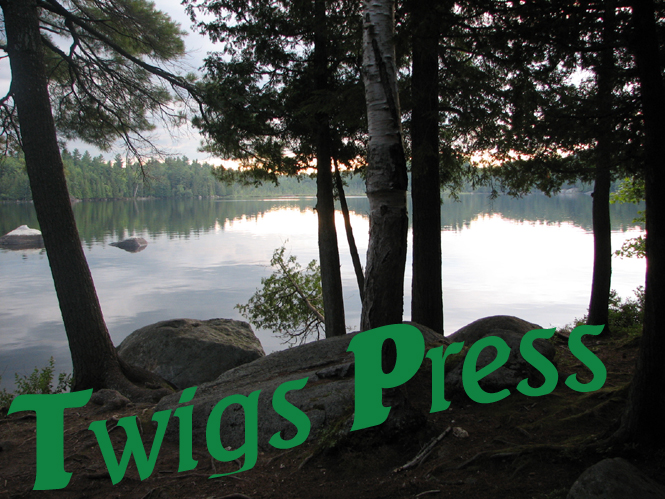On Becoming a Poet Full Time

Click below to read selections from Confessions
On Becoming a Poet Full Time
The intricate constructs
of a carefully scaffolded career
like the colorful facades of Potemkin villages
on the banks of the stately Volga
after the Empress has sailed
past – collapse
and the steppes stretch
far beyond anything the eye can see.
2
No longer the alarm
clock slashing at sleep
like a tiger’s incisors
at the belly of a lamb.
No longer the numb
commute to a large building
of small spaces, of humans
in cubicles.
No longer the zealous devotion
to the dreams of others
and a silent prayer
that I, too, might believe.
Nor the oxymoronic
“rush” home
in demonic traffic
ending in evenings
blurred with fatigue,
with energy only for a shot or two
of TV, and maybe a spousal quarrel.
3
“Poet,” you snicker, “full time”? Nonsense.
Nobody poetizes all day. Dante
dabbled in reality between hell and heaven.
Goethe’s Dichtung was beyond compare,
but on off-days he managed state affairs.
Even those singing fools Keats and Shelley
swam, between paeans, in the azure Mediterranean.
After a Long Layoff
Wow! Are you out of shape!
You think you can just rear back
and throw poetry strikes!
You=ve got to get in training –
pump nouns, curl verbs, crunch adverbs
and stretch
and stretch
and stretch.
Get out there every day, and build
your wind, your strength, your stamina.
Do the work – engineer gerunds,
cut down hanging participles, control
explosive interjections!
And stretch
and stretch
and stretch.
Go beyond words. Tighten flabby emotions.
In heavy legs squats with barbells put
spring! Chin-ups by the dozen
raise your eyes above the bar.
Work endlessly on rhythms and images
and stretch
and stretch
and stretch.
Listening to the Brook
You and I walk from the old, red-shuttered farmhouse
with its hand-hewn beams and wide roof boards
down the curved path, through a field, to the sparkling lake,
and you say my poetry is too political.
We stand on the pier, looking at the mountains
rising out of the water, watching the birds dip and dart
in the sunlight, and I say, yes
I can write about the brook
running in its carved channel over the granite it will,
in time, wear down to grains,
and I can write, not about thickets of lies, but the woods
which are as much the same as I am the same boy
who was gripped by the spectacle of the sun’s rays
filtering airily through the green canopy
and, on the oak leaf floor, gleaming like a boy’s dreams
with their bright, cool energy
next to the brook, whose voice I wish to describe
not with a politician’s word, like babble bubble gurgle tinkle trill,
but one that resonates with the cascade of water
around, and over, rocks.
Reviews
In Llyn Clague’s second book of poetry, he continues the explorations begun in the first. Inward visions expand outward to include the world, the universe. He becomes Everyman, the embodiment of human fragility in a life exploded beyond our control, sharing his journey with “images, ideas, metaphors, and the hushed roar of language.”To Clague, poetry represents a new-found philosophy, a way of life, a creative process that soothes the frazzled edges of our human rat race.
Clague brings a personal touch and perspective to the everyday worries and trials all humans face on a daily basis. Love, loss, survival, politics, victories and failures, sorrow and joy are the ingredients Clague measures into his rich poetic broth. Whether his words present themselves with whispers or hushed roars, they’re well worth reading.
-Review by Laurel Johnson, Senior Reviewer, Midwest Book Review
